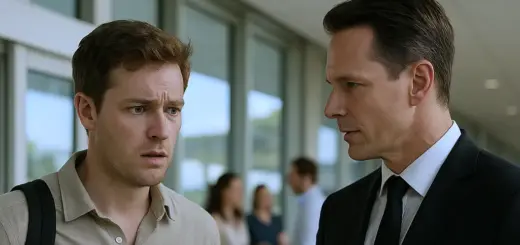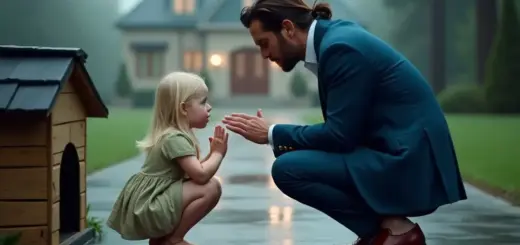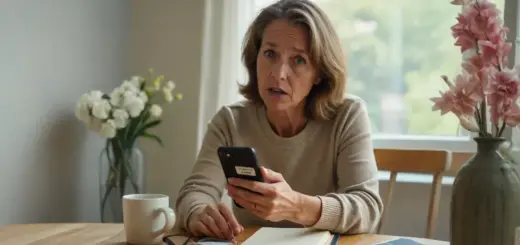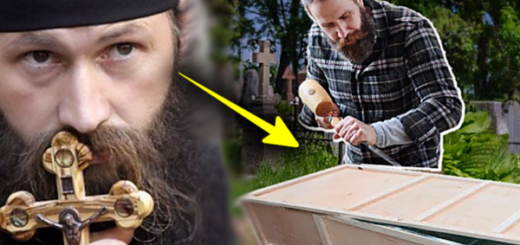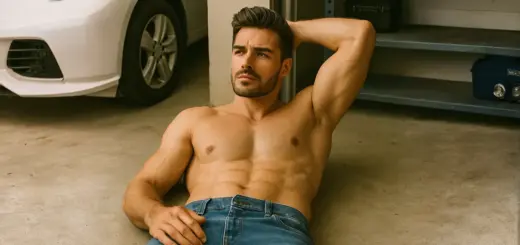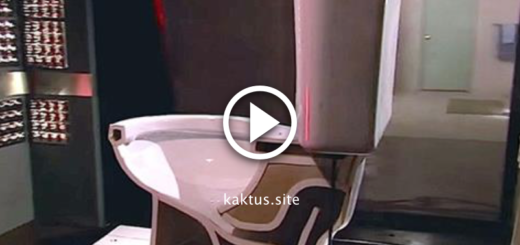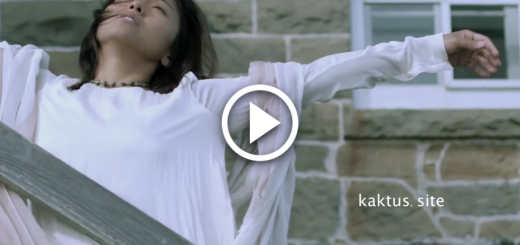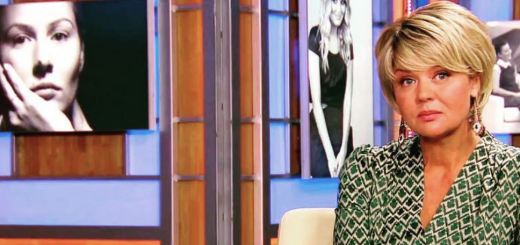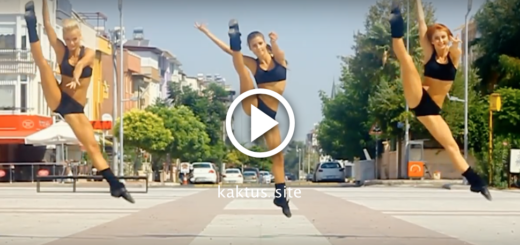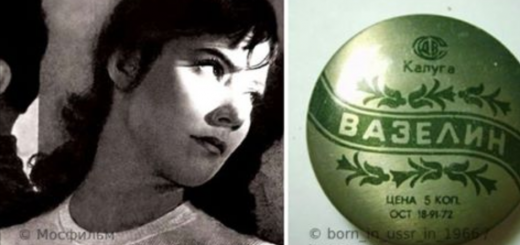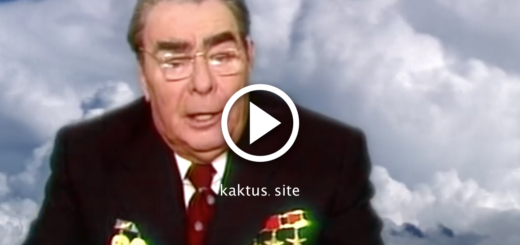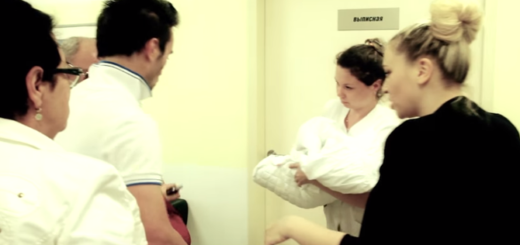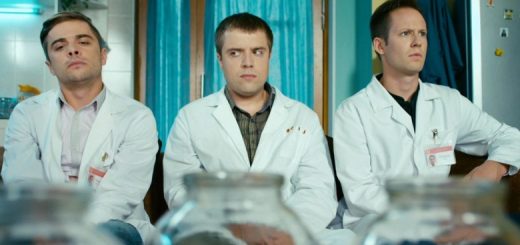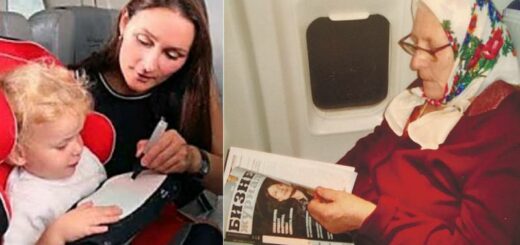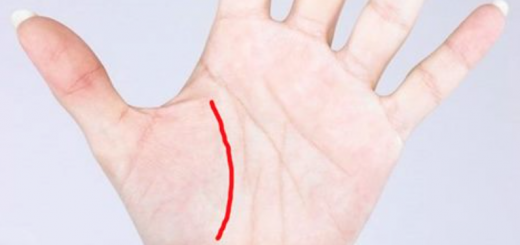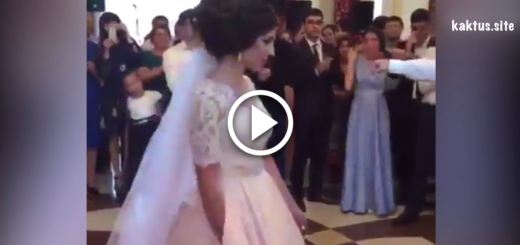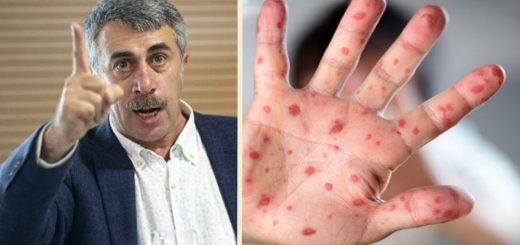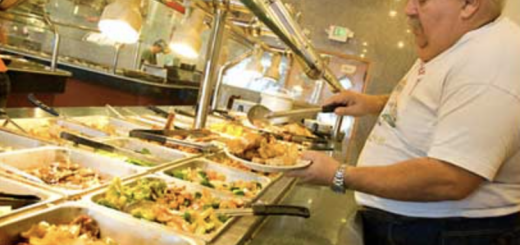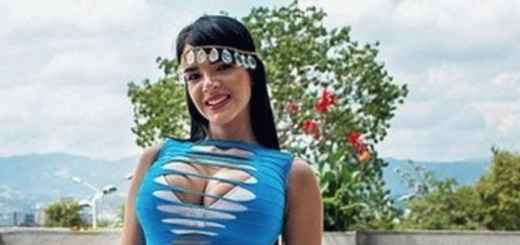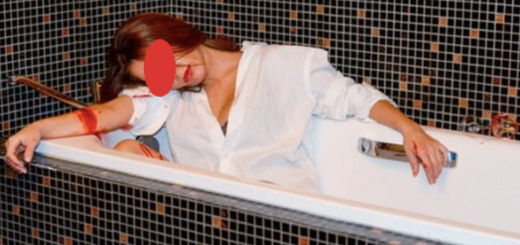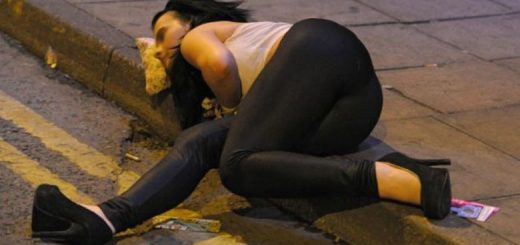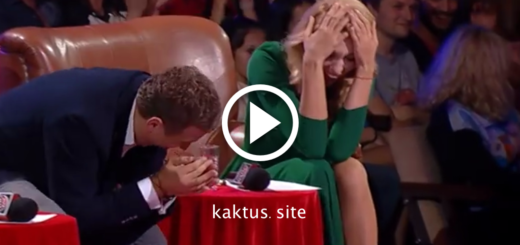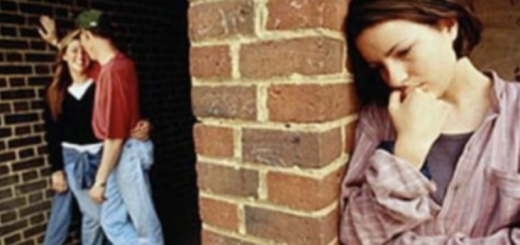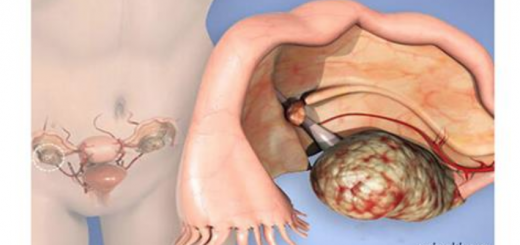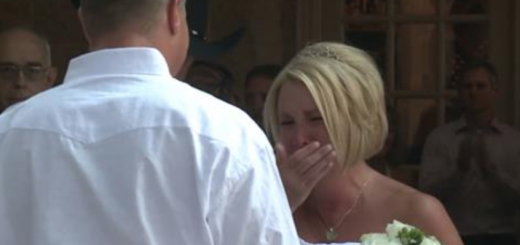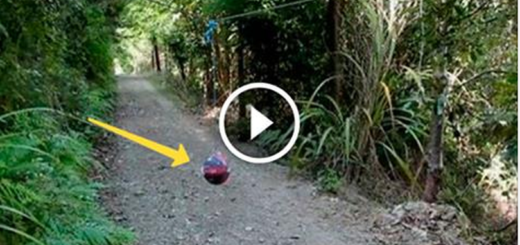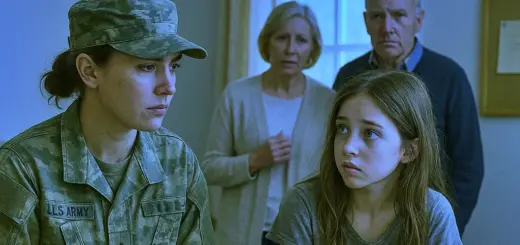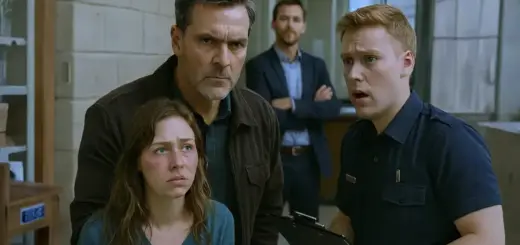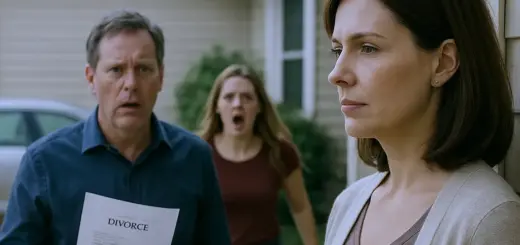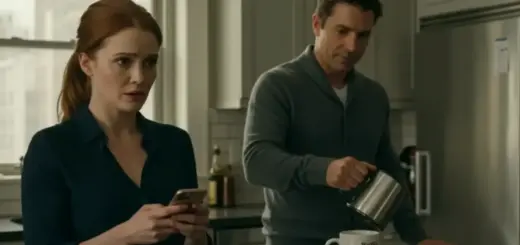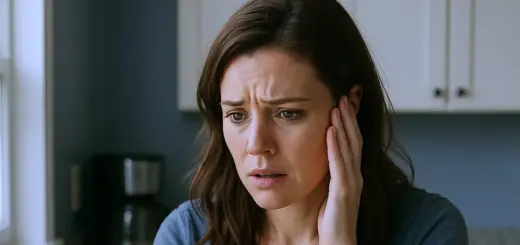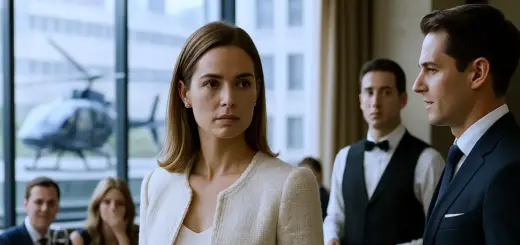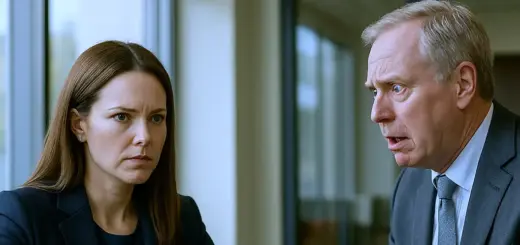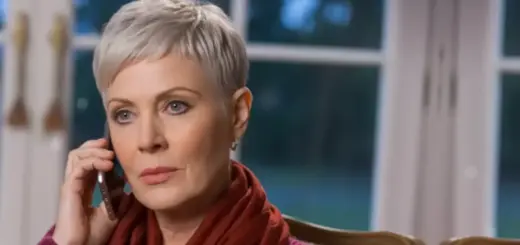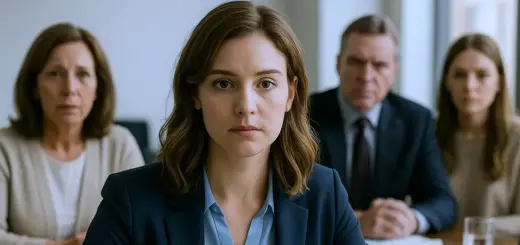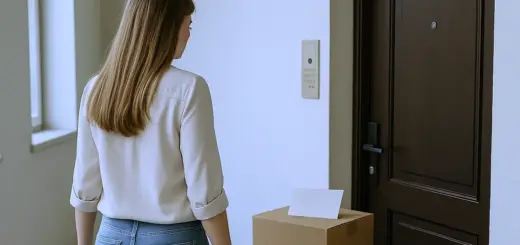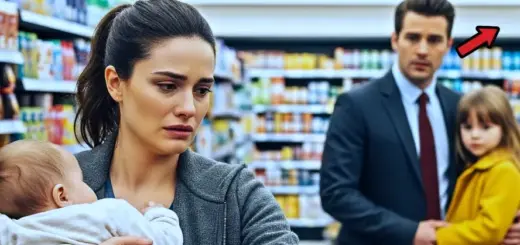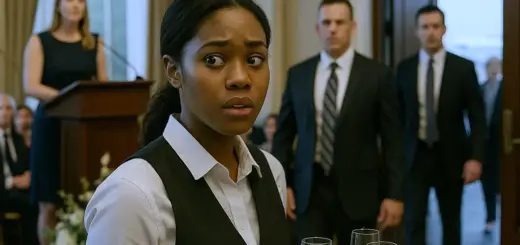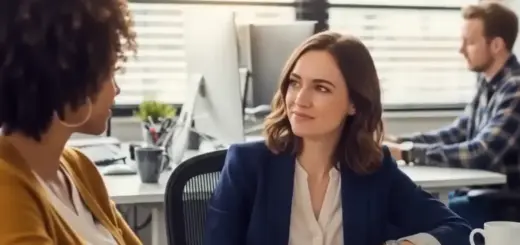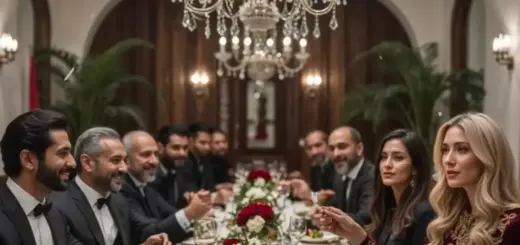The silence stretched between us, twenty years of absence compressed into the small space of his hospital room. What does one say to a parent who abandoned you? To a daughter who never came back?
«You look like your mother,» he finally said.
«I look like Sarah Miller,» I replied firmly. «My adoptive mother.»
His face tightened briefly, then relaxed into resignation. «Of course. I deserve that.»
Dr. Reynolds stood slightly behind me, her presence grounding. Ethan hovered awkwardly near his father’s bed, clearly uncertain of his role in this reunion.
«Why did you want to see me?» I asked directly, needing to establish control of the conversation.
Frank seemed taken aback by the question. «You’re my daughter.»
«I was your daughter,» I corrected. «Until you decided a twelve-year-old needed to find her own way home from Chicago.»
He flinched visibly. «We made a mistake. A terrible mistake.»
«A mistake is forgetting to pick someone up. A mistake is being late. What you and mom did was deliberate cruelty disguised as parenting.» My voice remained steady, surprising me with its strength. Years of therapy had prepared me for this moment, though I’d never expected it to come.
«You’re right,» Frank said quietly. «There’s no excuse. I’ve had a lot of time to think, especially since…» He gestured weakly at the medical equipment surrounding him. «When you’re facing the end, you see things differently.»
«Are you dying?» I asked bluntly.
«Not immediately, they tell me. But this was a warning shot.» He attempted a weak smile that didn’t reach his eyes. «Makes a man reflect on his regrets.»
«And I’m a regret?»
«What we did to you is my biggest regret,» he clarified. «Not you. Never you.»
It was the closest thing to an apology I’d heard from either parent, but it felt insufficient against the magnitude of their actions and the years of trauma that followed. The conversation was interrupted by a commotion at the door.
Karen Taylor stood frozen in the entrance, coffee cup in hand, staring at me as if seeing a ghost.
«Jennifer?» she breathed.
«It’s Megan,» Ethan corrected quickly.
I turned to face the woman who had given birth to me, then laughingly abandoned me. At 65, she was still carefully put together: colored hair, applied makeup even in these circumstances, tailored clothes despite the hospital setting. Only her eyes betrayed her age and the stress of her husband’s condition.
«I told you I’d arrange a different time,» Ethan said apologetically to me.
«It’s fine,» I replied, though it wasn’t. Having both parents present at once hadn’t been part of my carefully constructed plan.
Karen moved toward me as if to embrace me but stopped when I instinctively stepped back. Her hands fluttered awkwardly before dropping to her sides.
«You’re so beautiful,» she said, eyes filling with tears. «All grown up.»
I remained silent, unprepared for this additional confrontation.
«I’ve thought about you every day,» she continued. «Wondered where you were. If you were happy. If you ever thought about us.»
«Karen,» Frank warned weakly from his bed. «Give her space.» The irony of Frank Taylor advocating for boundaries was not lost on me.
«I need some air,» I announced abruptly. Turning toward the door, Dr. Reynolds immediately moved to accompany me.
«Please don’t leave,» Karen called after me. «Please. We’ve missed you so much.»
I paused in the doorway, turning back to face both my birth parents. «You missed me? You abandoned me in a strange city when I was 12 years old. You drove away laughing while I watched. You surrendered your parental rights rather than admit what you did was wrong. And now, 20 years later, you want to talk about missing me?»
The words poured out, years of unexpressed anger finally finding voice. Karen flinched as if physically struck.
«We were terrible parents,» she admitted, tears now flowing freely. «We didn’t know how to love you properly.»
«That’s not an excuse,» I replied. «Millions of people figure out how to parent without abandoning their children.»
«You’re right,» Frank interjected from his bed. «There is no excuse. We failed you completely.»
The simple acknowledgment, devoid of justification, momentarily disarmed me. This was what I had needed to hear 20 years ago—not explanations or defenses, but simple accountability.
«I didn’t come here for apologies,» I said finally. «I came to see for myself that the people who had such power over me are just that: people. Flawed, aging, ordinary people who made unforgivable choices.»
«Is there any chance…?» Karen began.
«No,» I interrupted. «There’s no chance of reconciliation, if that’s what you’re asking. That opportunity ended the moment you drove away from Union Station. What I can offer is closure, for all of us.»
I looked directly at Frank in his hospital bed. «I hope you recover fully from your surgery. I don’t wish either of you ill. But I need you to understand that I am not Jennifer Taylor anymore. I haven’t been for 20 years.»
My voice remained steady as I continued. «I’m Megan Miller. I have wonderful adoptive parents, a loving husband, a successful career, and a life built far away from the damage you caused. I don’t hate you anymore—that’s taken years of work—but I don’t forgive you either. And I don’t want you in my life. Any contact should go through Ethan first, and I reserve the right to ignore it completely.»
The finality of my statement hung in the air. Karen sobbed quietly while Frank closed his eyes, a single tear tracking down his weathered cheek.
«We understand,» he said finally.
Dr. Reynolds and I left shortly after, the confrontation having exhausted me emotionally. In the hospital parking lot, I stopped and took a deep breath of fresh air, feeling lighter than I had in years.
«You did beautifully,» Dr. Reynolds observed. «How are you feeling?»
«Like I finally got to be the adult in the room with them,» I replied. «Like I took back some of the power they had over me for so long.»
Over the next few days, I processed the hospital encounter through additional therapy sessions and long conversations with Brian, Sarah, and Thomas. The experience had been draining but ultimately empowering. I had faced my abusers on my terms and walked away intact.
Ethan texted updates about our father’s recovery, which I appreciated but didn’t feel compelled to act upon. I made it clear that while I was open to maintaining minimal contact with my brother, my boundaries regarding our parents remained firm.
One week after the hospital visit, I sat at my desk, deleting the numerous contact attempts from my birth parents that had accumulated since our meeting. Karen had sent daily emails despite my clear statement about boundaries. Frank had tried calling twice. I blocked their numbers and email addresses without reading the messages.
Then I called Sarah. «I just wanted to say thank you,» I told her when she answered. «For everything. For showing me what parents should be.»
«Oh, sweetheart,» she replied warmly. «You’ve given us far more than we could ever give you.»
That evening, Brian and I took Scout for a long walk through our neighborhood. The summer air was warm, fireflies beginning to appear in the gathering dusk. Scout trotted happily ahead, his one good eye bright with canine contentment.
«What are you thinking about?» Brian asked, squeezing my hand.
«How sometimes the family you’re born into isn’t the family you’re meant to have,» I replied. «And how grateful I am that I found mine.»
The path forward wouldn’t always be smooth. Trauma leaves lasting inference, and healing isn’t linear. But for perhaps the first time, I felt truly free of the shadow my birth parents had cast over my life.
I had confronted them not as the frightened child they had abandoned, but as the strong, successful woman I had become despite them. The 12-year-old girl left alone at Union Station had found her way home after all—not to the place she had come from, but to the life and family she had chosen for herself.

